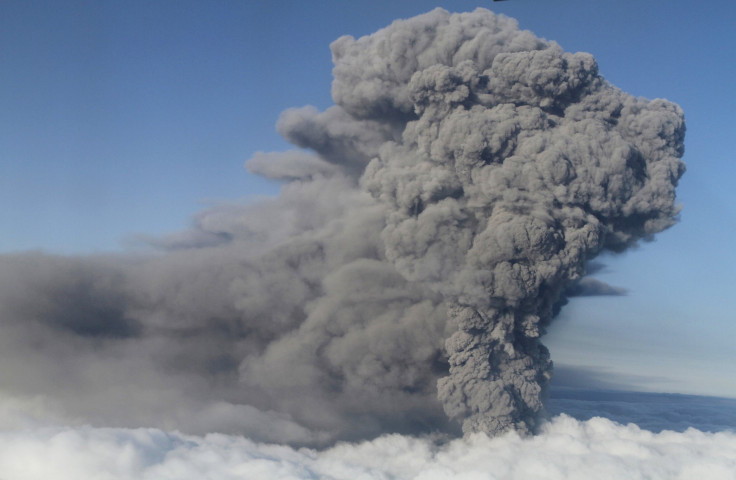Climate Change Melting Glaciers In Iceland, Raising It Out of Water, Finds New Study

Iceland is rising at an alarming rate, as increase in global temperatures continues to melt glaciers in the island nation, according to a study conducted by a team of scientists from the University of Arizona and the University of Iceland. Moreover, as this process of ice-loss intensifies, it could also increase the frequency of volcanic eruptions in the region.
Glaciers weigh down the earth that they cover. As a result, land freed from the weight of ice sheets tends to rise. However, according to the latest study, published in the journal Geophysical Research Letters, this process is happening faster than scientists had previously anticipated. In some regions of southern Iceland, glaciers are melting so rapidly that the land underneath is rising at a rate of 1.4 inches a year.
“It’s similar to putting weights on a trampoline. If you take the weights off, the trampoline will bounce right back up to its original flat shape,” Richard Bennett, a geologist at the University of Arizona and a co-author of paper, told the Guardian, adding that the process of the land rebounding from the Earth’s crust had speeded-up over the last three decades as global temperatures rise.
“What we’re observing is a climatically induced change in the Earth’s surface,” Bennett reportedly said. “What we found is that the uplift is increasing. It’s faster and faster everywhere because of the accelerated loss of ice mass.”
Kathleen Compton, from the University of Arizona and another one of the paper’s co-authors, also said, in a statement, that the study makes a direct connection between the “recent accelerated uplift and the accelerated melting of the Icelandic ice caps.”
Although a rising coastline might seem like a solution to flooding caused by the accompanying rise in sea levels, in the case of Iceland, which is a geologically active island, this might spell further trouble. As ice melts, the pressure on the underlying rocks decreases. The reduction in pressure could create conditions suitable for melting mantle rocks, resulting in an uptick in volcanic activity.
“High heat content at lower pressure creates an environment prone to melting these rising mantle rocks, which provides magma to the volcanic systems,” Bennett said, according to a report by TIME Magazine.
Iceland has experienced three eruptions in the last five years. In 2010, the eruption of Eyjafjallajökull had grounded flights across Europe and cost the global economy nearly $5 billion, according to media reports.
© Copyright IBTimes 2024. All rights reserved.






















